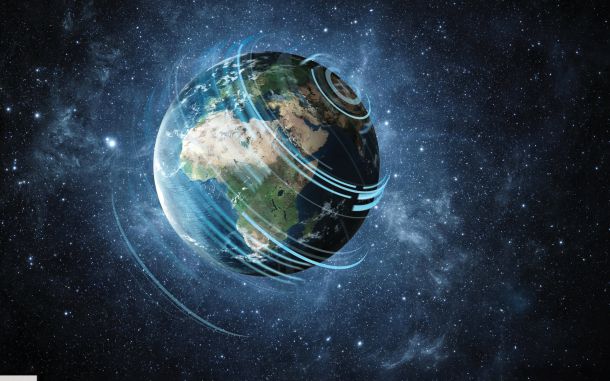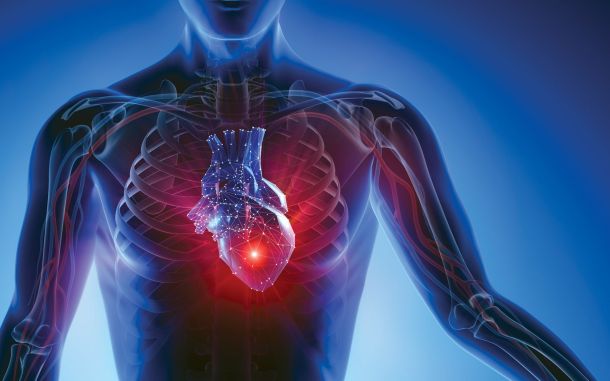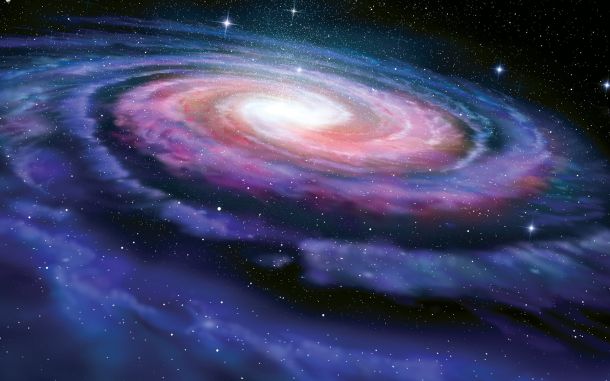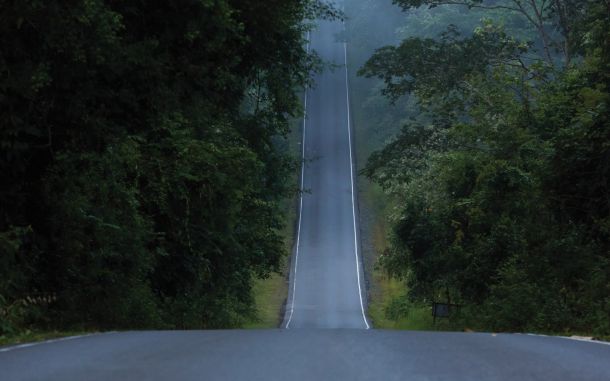Editorial (Issue 147)

“The grass is always greener on the other side of the fence,” the idiom goes. We tend to underestimate – or ignore totally – what falls on our share, on our side. Our eyes keep scanning across the street and across the horizon seeking more than we already have, which – we feel – is not enough. This is as true for the “earth” on the ground as it is off the ground for the planet Earth – the world is not as “green” as we want, it does not offer us enough resources to exploit, it is not as big as to be home for our growing populations, etc. etc. Wait – could that be because we have been abusing it for a long time now? This by no way means we should stop exploring the outer space; but perhaps we first should work on the easier path by establishing more decisive policies to save our world, which is in fact big enough for all. And we can start doing that by becoming aware of the problem. The lead article laments on the fact that the destruction we have caused “has reached a stage beyond imagination” putting “mother earth” “face to face with the betrayal of her own children.” For Bediuzzaman, the planet Earth is the heart of the universe, while the element earth is the heart of our world. The lead article emphasizes the centrality of both “earths” while exposing the crisis we are facing. The green on our side is not so bad after all.
Exploring the outer space – as long as it does not cause the “earth” to be underestimated – is an inspiring experience to its own credit. The title of the article “Planets – Lined Up Like Beads of a Rosary” speaks for itself. The way planets are in the order they are does not only have a mathematical rationality, but it also displays mind-blowing beauty.
Love is something everyone feels but can hardly define. You know it is there deep down in your soul, but you are unable to put into words. Kemal Atay discusses this undefinable phenomenon we call love. Drawing on from the discussions of giant philosophers like Socrates and Plato, Atay inspires us to realize the fact that true love transcends physical boundaries. Socrates explains that love "in its entirety and true form is a desire for the highest beauty and good existing outside of the physical world. All other intermediate things are veils and stones, obstructing the way.”
Death is only once, isn’t it? Maybe not. A Qur’anic verse says it is more than once. Dr. Mehmet Ates explains how we die and live twice. Dr. Ates interprets this interesting Qur’anic verse by looking into how life forms in the womb.









